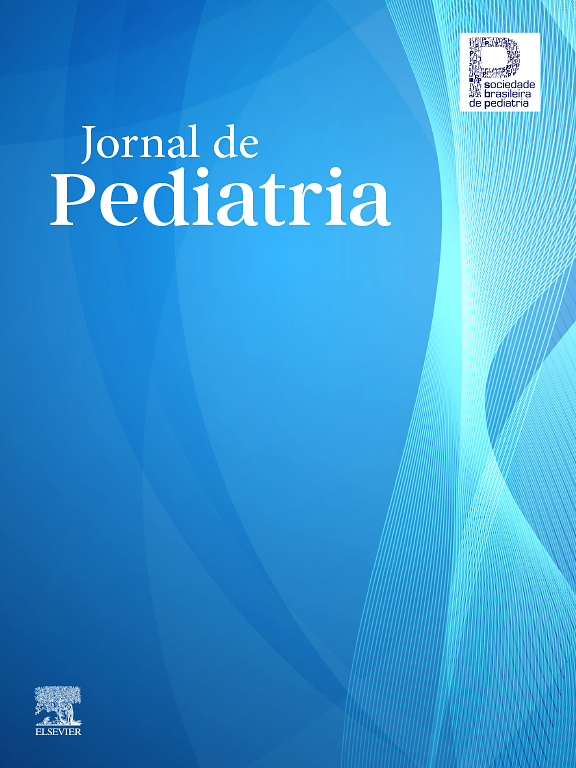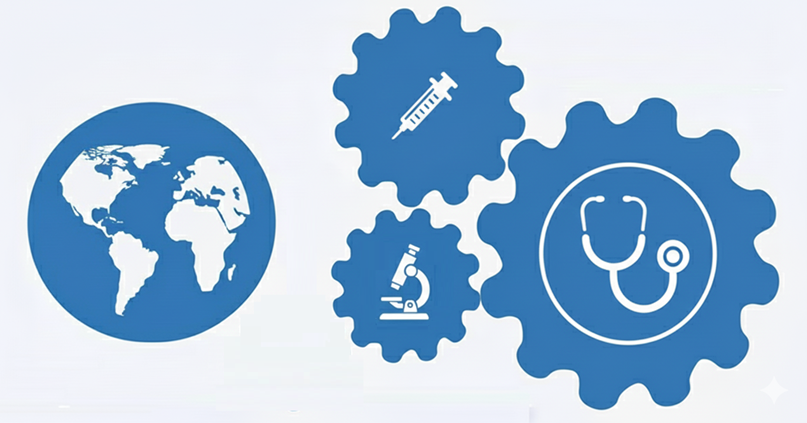Bowing of the legs is usually thrown into the basket of vitamin D deficiency rickets; therefore, a significant number of affected children can be misdiagnosed and improperly managed. This case illustrates how the careful clinical and radiological assessment of such a case can lead to the adequate understanding of its etiology.
DescriptionWe report a sporadic case of a 2-year-old male child who presented with radiological features that were compatible with Weismann-Netter-Stuhl syndrome. In addition, we observed craniovertebral malformation complex. He was of normal intelligence. To our knowledge, the combination of Weismann-Netter-Stuhl syndrome and presence of a hypoplastic occipitalized atlas and further C2-C3 fusion has not been reported before. The diagnosis of Weismann-Netter-Stuhl is discussed. Classically, Weismann-Netter-Stuhl syndrome is characterized by short stature, mental retardation (in some individuals), dural calcification, and anterior bowing of the tibiae. However, we believe that careful clinical and radiological examinations can reveal more striking data which might positively reflect on the whole process of management.
CommentsWe postulate that the congenital limitations in neck movements in our patient developed because of the marked fusion of the hypoplastic and occipitalized atlas and simultaneous C2-C3 fusion. Therefore, if this form of malformation is disregarded, there may be involvement of the atlantoaxial structure, and this can possibly lead to serious neurological and even life-threatening complications. The use of CT scanning for the detection of such abnormalities can be remarkably important.
O arqueamento das pernas geralmente é atribuído ao raquitismo causado pela carência de vitamina D; portanto, várias crianças afetadas acabam sendo classificadas erroneamente e tratadas inadequadamente. Este caso ilustra como uma avaliação clínica e radiológica cuidadosa pode levar à elucidação de sua causa.
DescriçãoRelatamos um caso esporádico de um menino de 2 anos de idade que apresentou achados radiológicos compatíveis com síndrome de Weismann-Netter-Stuhl. Além disso, observamos o complexo de malformação craniovertebral. O paciente possuía inteligência normal. Até onde sabemos, a combinação de síndrome de Weismann-Netter-Stuhl e occipitalização do atlas hipoplásico e posterior fusão das vértebras C2 e C3 nunca foi relatada antes. Descrevemos o diagnóstico da síndrome de Weismann-Netter-Stuhl. As características clássicas da síndrome de Weismann-Netter-Stuhl são baixa estatura, retardamento mental (em alguns indivíduos), calcificação da dura-máter e arqueamento anterior da tíbia. Todavia, acreditamos que um exame clínico e radiológico cuidadoso possa revelar dados mais contundentes que poderiam influenciar positivamente o processo de tratamento.
ComentáriosPresumimos que as limitações congênitas dos movimentos do pescoço em nosso paciente surgiram por causa da fusão acentuada do osso occipital ao atlas hipoplásico e da fusão simultânea da segunda e terceira vértebras. Portanto, se desconsiderarmos esse tipo de malformação, a estrutura atlanto-axial poderá ser comprometida, o que poderá causar complicações neurológicas sérias e até mesmo fatais. A tomografia tem um papel crucial na detecção dessas anormalidades.










